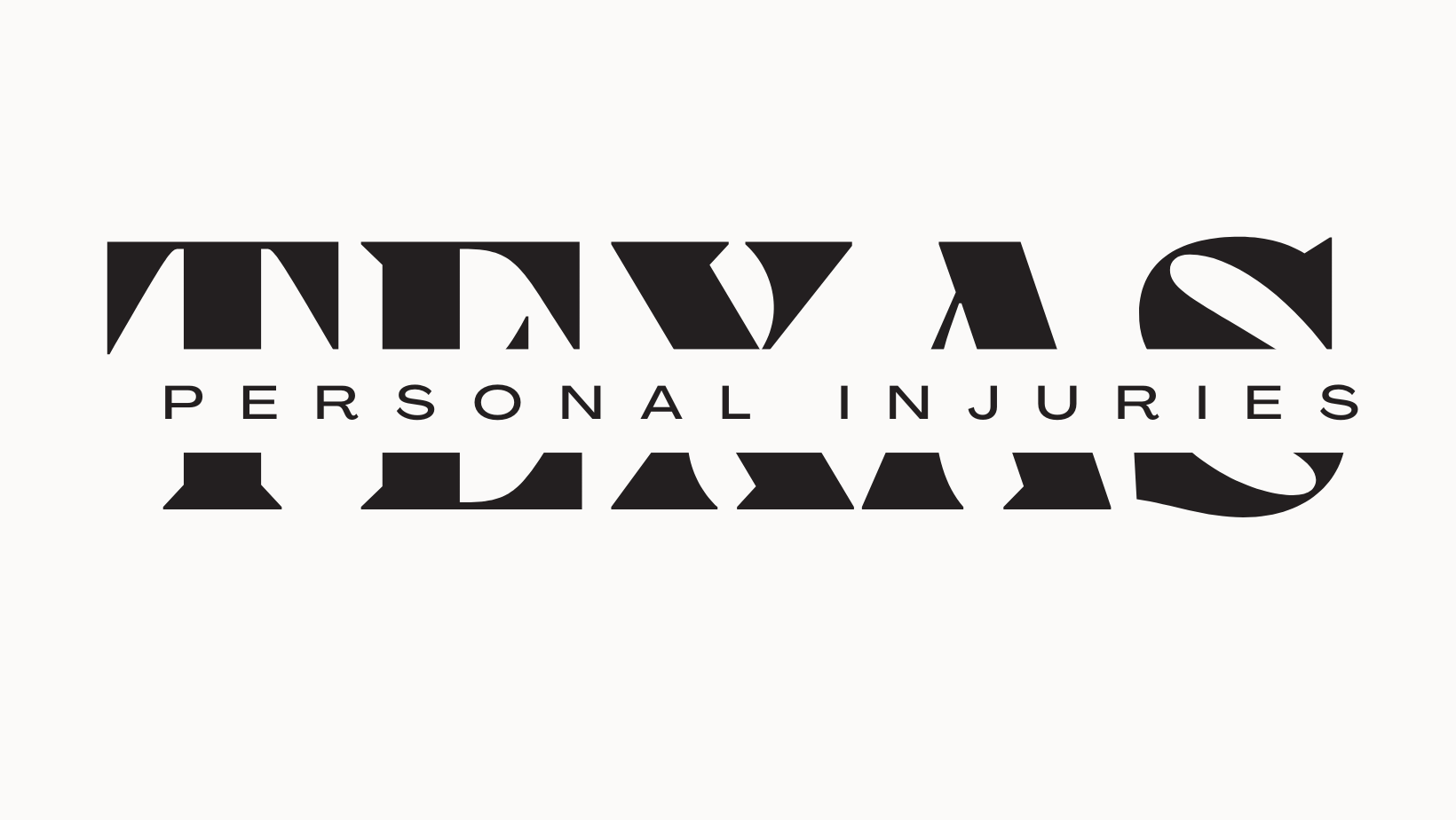Experiencing a personal injury can be a traumatic and overwhelming experience. Amidst the physical pain and emotional distress, it’s crucial to take steps to protect your rights and ensure that you receive the compensation you deserve. In this comprehensive guide, we’ll provide you with valuable tips for safeguarding your rights after a personal injury incident, from the immediate aftermath to navigating the legal process.
1. Seek Medical Attention Immediately
Your health and well-being are the top priority after a personal injury incident. Even if you believe your injuries are minor, it’s essential to seek medical attention promptly. Some injuries may not be immediately apparent, and delaying medical treatment could worsen your condition. Additionally, medical documentation from a healthcare professional will be crucial in supporting your injury claim later on.
2. Document Everything
Gather as much evidence as possible at the scene of the accident, including photos or videos of the accident site, injuries sustained, property damage, and any contributing factors such as hazardous conditions or negligent behavior. Collect contact information from witnesses and obtain a copy of any incident reports filed by authorities or property owners. Keep detailed records of all medical treatments, expenses, and any other relevant documentation related to the incident.
3. Report the Incident
Report the incident to the appropriate authorities or property owners as soon as possible. This may include contacting law enforcement, filing an accident report with your employer or property manager, or notifying relevant insurance companies. Be truthful and cooperative when providing information, but avoid admitting fault or making statements that could be used against you later.
4. Do Not Sign Anything Without Legal Advice
Be cautious when dealing with insurance companies or representatives of the opposing party. Avoid signing any documents or agreements without consulting with a qualified personal injury attorney first. Insurance adjusters may try to pressure you into accepting a low settlement or signing away your rights to future compensation. An attorney can help protect your interests and negotiate on your behalf.
5. Follow Medical Advice
Follow all medical advice and treatment plans prescribed by your healthcare provider. Attend all scheduled appointments, follow prescribed medications, and adhere to any physical therapy or rehabilitation programs recommended for your recovery. Failure to comply with medical recommendations could not only hinder your recovery but also weaken your injury claim.
6. Keep Communication Limited
Avoid discussing the details of the accident or your injuries with anyone other than your attorney or healthcare providers. Refrain from posting about the incident on social media or engaging in conversations that could be misconstrued or used against you. Insurance companies may monitor your social media accounts for evidence to undermine your claim.
7. Consult with a Personal Injury Attorney
Seeking guidance from a knowledgeable personal injury attorney is crucial in protecting your rights and pursuing fair compensation for your injuries and losses. An attorney can evaluate the merits of your case, advise you on your legal options, and advocate on your behalf throughout the claims process. They can handle negotiations with insurance companies, gather evidence to support your claim, and represent you in court if necessary.
8. Be Patient and Persistent
Recovering from a personal injury takes time, both physically and emotionally. Be patient with yourself and the legal process. Personal injury claims can be complex and may take months or even years to resolve. Stay persistent in pursuing your claim, but also recognize that achieving a fair outcome may require perseverance and determination.




Leave a Reply